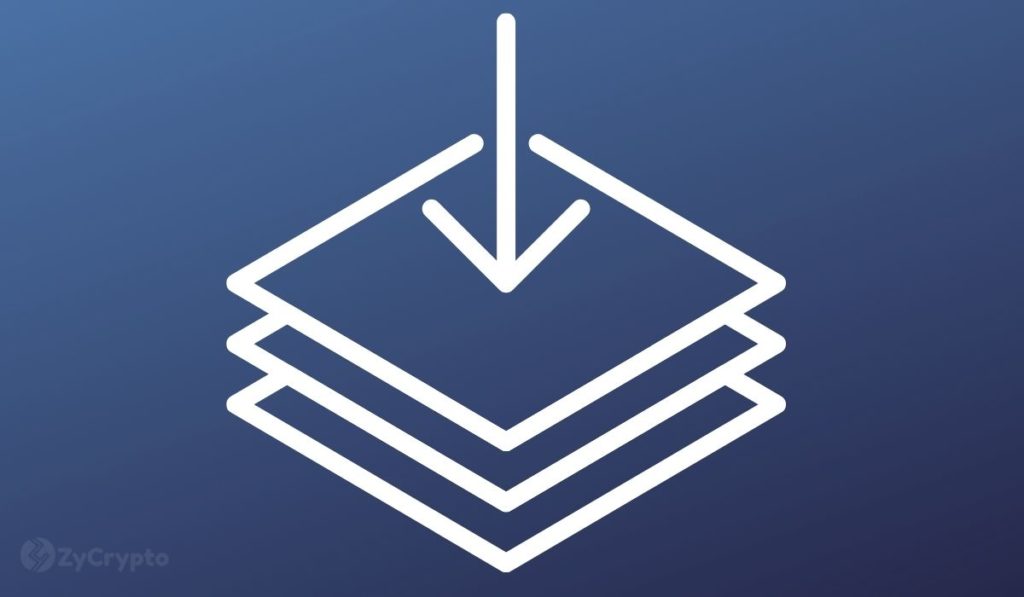
Head of Microsoft’s blockchain division Yorke E. Rhodes III has voiced his opinion in clear favor of web3 over web2 development, challenging web2 developers and engineers to “stop clowning” because most of their “precious code” still remains proprietary and not distributed.
He tweeted this week about it in a coding style saying web2 engineers would be justified to criticize web3 engineers only if they could open-source their precious code and run it on distributed platforms.
“IF (you open-source your most precious code AND add a $13M bug bounty to it
AND run it on a VM on a distributed state machine
AND you can sleep)
THEN You get to criticize web3 engineers
ELSE stop clownin’”
A blockchain tech supporter, Rhodes is convinced about the future of blockchain and distributed platforms. He predicted in 2021 that Ethereum would become the decentralized AppStore by 2023. He said it would ensure low fees, no single point of control by large corporate, and distributed access of services across apps. Ethereum currently hosts about 3,000 decentralized apps.
There really isn’t much controversy about or difference between web2 and web3 development in the public eye. But most web2 apps including cloud-hosted services are proprietary software, unlike web3 which is mostly open source and the code available publicly for use and scrutiny. However, for the big tech companies and developers, proprietary software locks in a lot of business but also massive control. And while most web2 developers are indeed aware of blockchain, web3, and distributed applications and indeed moved to include designing in web3, only some are reluctant and critical of web3.
In terms of differences between the two, blockchain and cryptocurrencies is what makes web3 entirely different from web1 and 2 in structure. However, a lot of techs used in web 2 are still employed in developing web 3 applications. Today, minus cryptocurrencies and blockchain, it is hard to differentiate the two. But web3 has clear advantages over web2.
Proponents of web3 term it as the future, arguing it liberalizes communication, data ownership, finance, marketing, and almost every other industry. It levels the playing field for big and small companies alike and makes everyone equal they say. On the other hand, most of the web2 development has been led by Google, Facebook, Microsoft, Twitter, Apple, and Amazon. The onset of web2 and its progress has helped a lot of small and mid-sized companies which, inside of web 1 used to create their own and separated apps with very low reach. A lot of these companies can now enjoy huge audience and marketing benefits as a result of deploying web2. Like the big tech corporations leading the development of web2, they are keen to keep the lead.
But huge centralization of platforms at the big tech companies has threatened not only consumers who cry foul of data privacy violations and costly services, but also governments to which such centralization definitely can create corporations that are hard to control. There has been need and calls for what is now being termed a cautious change. But many companies still see the web2 cohort as the stability which is being threatened by web3, especially blockchain and cryptocurrency platforms. It is an evil they need to cautiously keep and manage until web3, even if it means hefty costs.
There is hope. And that hope remains in the mass adoption of web3. With better power and wealth distribution in blockchain and cryptocurrency platforms, these platforms have been shown to lead to true decentralization. There is no shortage of examples. However, most web3 platforms currently remain limited in use in the public domain. As a result, questions of whether they are leading to true decentralization exist. Elon Musk also voiced his concern about web3 last year saying web3 is just “bs” while Block CEO Jack Dorsey said web3 is still centralized and controlled by venture capital firms that lead most of the blockchain development initiatives.
- "
- 000
- 2021
- About
- access
- According
- across
- Adoption
- advantages
- Amazon
- Apple
- applications
- apps
- audience
- available
- being
- benefits
- big tech
- blockchain
- Bug
- business
- capital
- ceo
- change
- code
- Coding
- Communication
- Companies
- Consumers
- control
- controversy
- Corporations
- Costs
- could
- cryptocurrencies
- cryptocurrency
- data
- data privacy
- Decentralization
- decentralized
- deploying
- designing
- developers
- developing
- Development
- different
- distributed
- distribution
- domain
- Elon Musk
- Engineers
- especially
- ethereum
- everyone
- eye
- Fees
- finance
- future
- Governments
- head
- HTTPS
- huge
- Including
- industry
- IT
- large
- lead
- leading
- Led
- Limited
- Locks
- Marketing
- Microsoft
- most
- networks
- open
- open source
- Opinion
- Other
- Platforms
- power
- privacy
- public
- Run
- Said
- Services
- sleep
- small
- Software
- Stability
- State
- style
- tech
- today
- venture
- venture capital
- venture capital Firms
- Watch
- Wealth
- web
- Web3
- week
- What
- What is
- whether
- WHO
- year













